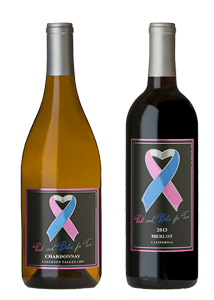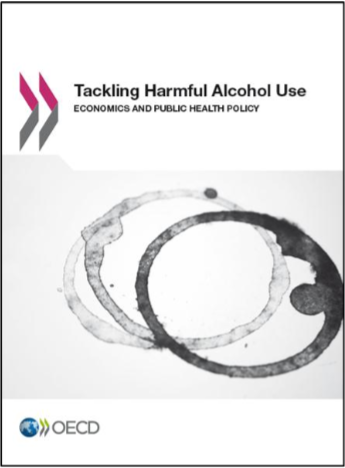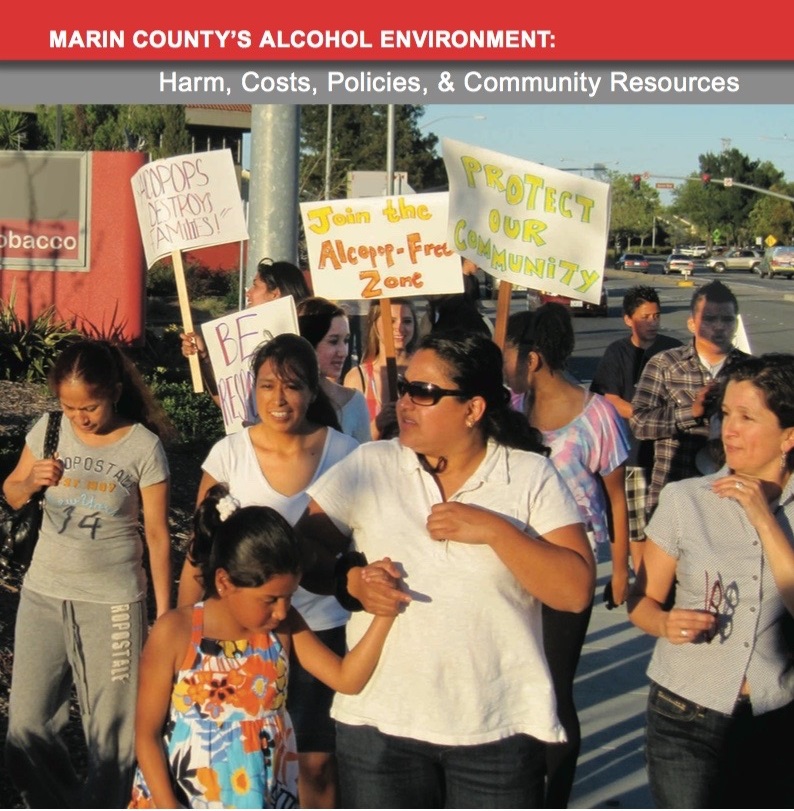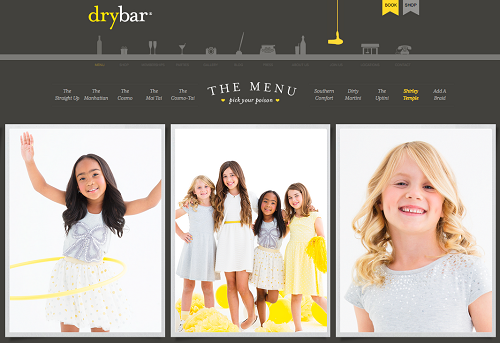Blog
Actress, breast cancer survivor announces wine brand
August 12, 2015

After years of advocating for a cure, breast cancer survivor and actress Olivia Newton-John announced her new wine line, promising to donate 20% of the net profits to (her) breast cancer charity. Ten percent of proceeds from the sale of her wine will go to the Olivia Newton-John Cancer & Wellness Centre, and 10% will go to a branded breast and prostate cancer awareness campaign.
Newton-John's health and marketing advisers must have missed the memo. The evidence is clear: alcohol consumption is a major risk factor for breast cancer. In fact, researchers from Cancer Council Australia recently published a study finding more than 1 in 5 of the nation's cases of breast cancer were linked to alcohol consumption, and that the risk of alcohol-related cancer increased with every drink consumed.
Alcohol use is a leading cause of cancer – and one of the largest avoidable risk factors – even when used moderately. There is no determined safe threshold for alcohol consumption and cancer risk.
Promoting alcohol with breast cancer awareness is misleading and yet another example of pinkwashing, a term coined by Breast Cancer Action to describe a company or organization that claims to care about breast cancer by promoting a pink ribbon product, but at the same time produces, manufactures, and/or sells products that are linked to breast cancer.
Read our fact sheet on alcohol and cancer risk here.
Effective alcohol policies: New OECD report
July 27, 2015
A new report from the Organization for Economic Cooperation and Development (OECD), Tackling Harmful Alcohol Use: Economics & Public Health Policy, describes the health, social, and economic impacts of key policy options for addressing alcohol-related harm. It also illuminates the potential of policies such as increased alcohol taxes, regulation of promotion and advertising, and tighter enforcement of regulations, to prevent alcohol-related disabilities and injuries, with major potential gains in health, longevity and productivity.
The mission of the 34-member OECD is to promote public policies to improve social and economic well-being around the world. Read more here about how OECD has included alcohol policy as part of its work.
Marin County Report
July 27, 2015
The report is a call to action, encouraging anyone who is interested in the health and safety of Marin County residents to join their local coalition and organize for change. Communities can encourage policy makers to reduce the number and density of alcohol outlets; impose and enforce restrictions on advertising and promotion; and better enforce underage drinking laws.
Click here to read the full report.
AB 1322 Thank You!

THANK YOU! THANK YOU! THANK YOU! Due in no small measure to the 1,000+ messages sent by all of you through our AB 1322 Action Alerts, the key vote on the bill never happened, which means it is dead for the rest of this year.
AB 1322, supported by Drybar Company, tried to bully state legislators into relaxing the protections of existing law to allow salons and shops to become bars without a license, without regulation, without ABC oversight. Your messages convinced a few legislators that the proposed bill left too many questions about public health and safety unanswered.

More than 1,000 times the message was received in Sacramento that California does not need 45,000+ unlicensed, unregulated barber and salon businesses serving alcohol. That will not happen this year. But the bill could easily be resurrected in January of 2016.
Thanks again for helping us put the brakes on it this year and if you can, please become a donor. We need your support to remain vigilant and continue building our mutual constituency of concern that will stop this bill again next year if it returns. We also need your help to fight any other bills the industry pushes to deregulate at the expense of public health and safety. Please make a gift today.
Sincerely,
Bruce Lee Livingston
Executive Director / CEO
More Articles ...
Help us hold Big Alcohol accountable for the harm its products cause.
| GET ACTION ALERTS AND eNEWS |
STAY CONNECTED    |
CONTACT US 24 Belvedere St. San Rafael, CA 94901 415-456-5692 |
SUPPORT US Terms of Service & Privacy Policy |



